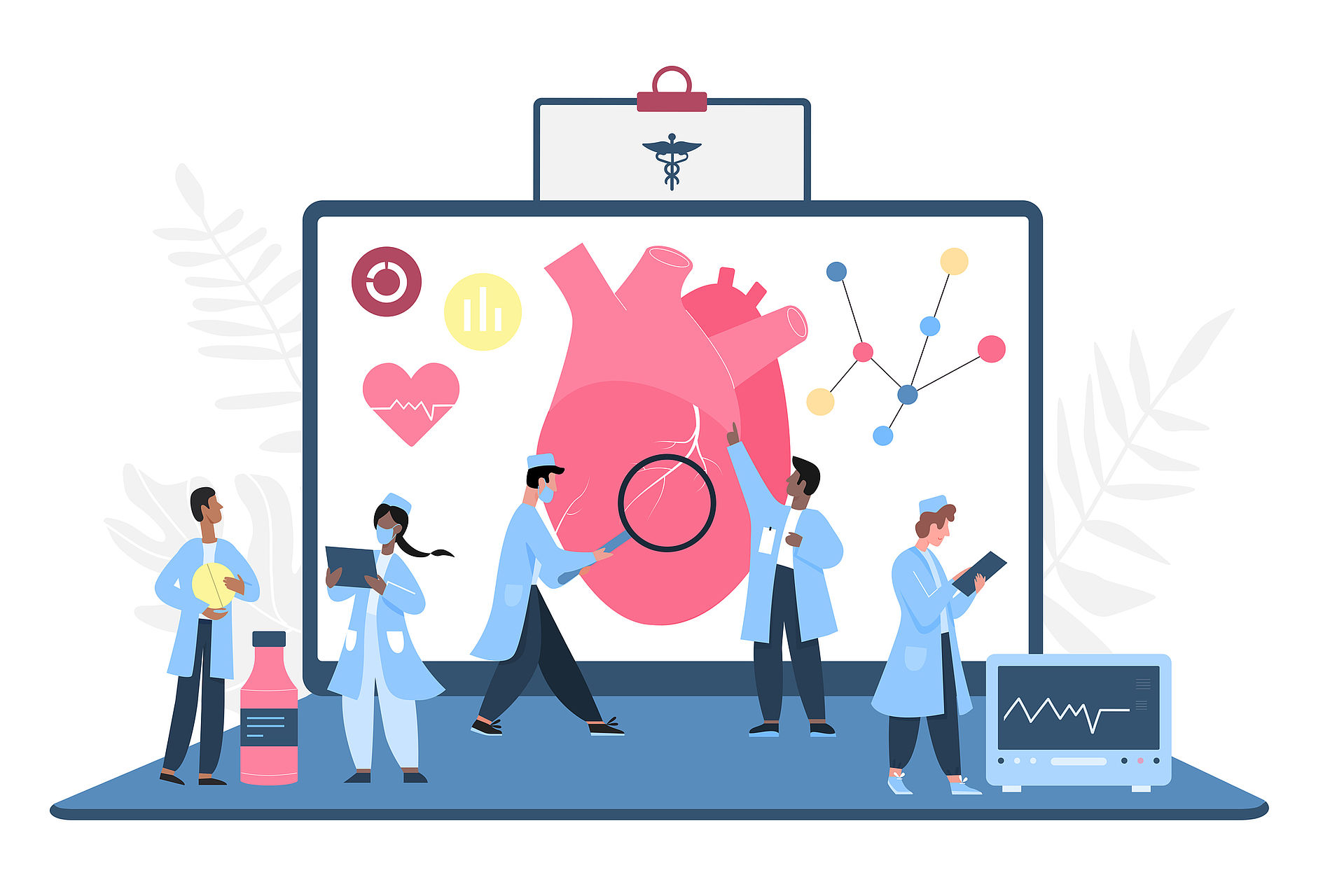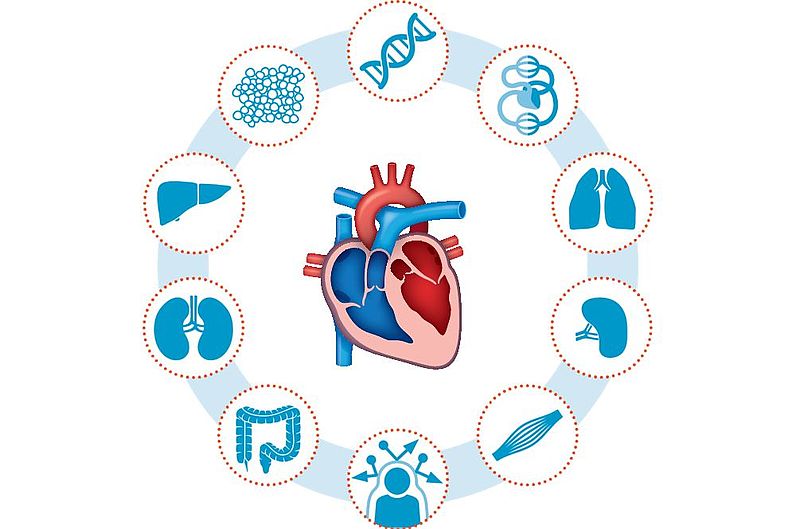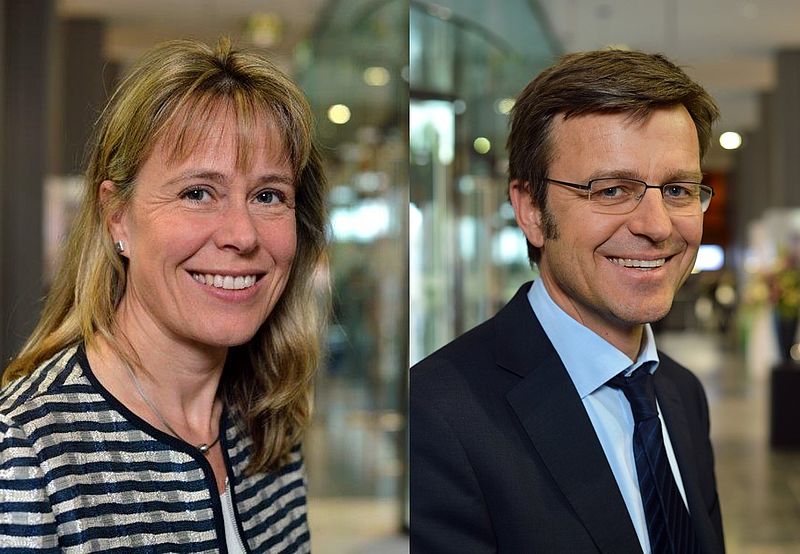"Damage Control by the Stroma-Vascular Compartment"
SFB 1531 "Damage Control by the Stroma-Vascular Compartment" will investigate the repair processes initiated after injury to the brain, heart, or vessels due to cardiovascular disease, such as infarcts. Prof. Ralf Brandes from the Institute of Cardiovascular Physiology at Goethe University and spokesperson for SFB 1531 explains: "It's fascinating: the various cells act in an extremely coordinated manner during the complex repair processes. We want to find out how this interaction works and, in the long term, find ways to support such endogenous healing processes medically." The Collaborative Research Center 1531 is funded with 14.2 million euros until 2026. The speaker is the Goethe University; partners are the Max Planck Institute for Heart and Lung Research in Bad Nauheim, the Berlin Institute for Health Research at the Charité, the Heidelberg University Hospital and the Johannes Gutenberg University Mainz.
"Molecular Circuits of Heart Disease"
CRC 1550, "Molecular Circuits of Heart Disease", is focused on how inherited and acquired causes such as gene mutations or common metabolic diseases resulting from poor diet or lack of exercise lead to the development of heart disease. The work at the new Collaborative Research Centre, which is located at the Medical Faculty Heidelberg, is based on current findings that point to changes in gene expression at different levels as a cause of heart dysfunction. In order to understand the regulatory mechanisms in this process from gene to gene product, the researchers of CRC 1550 use epigenetic, RNA-biological, and biochemical methods, combining them with metabolic research, complex patient-oriented model systems and computer-assisted data analysis. They are hoping to find out which specific or common molecular switches can serve as new targets for tailored therapies. DZHK Prof. Dr. Johannes Backs will serve as the CRC spokesperson. He is Director of the Institute of Experimental Cardiology, which was founded in 2018 and is a department within the Center for Internal Medicine of Heidelberg University Hospital. The CRC, which also involves researchers from the Medical Faculty Mannheim of Heidelberg University, the European Molecular Biology Laboratory, and the German Cancer Research Center, has approx. 14 million euros in funding at its disposal.
This SFB was extended
SFB "Atherosclerosis: Mechanisms and Networks of Novel Therapeutic Targets" (LMU Munich, spokesperson: Professor Dr. Christian Weber), https://www.sfb1123.med.uni-muenchen.de/index.html
Sources: Press release of Heidelberg University, Press release of Goethe University Frankfurt am Main




